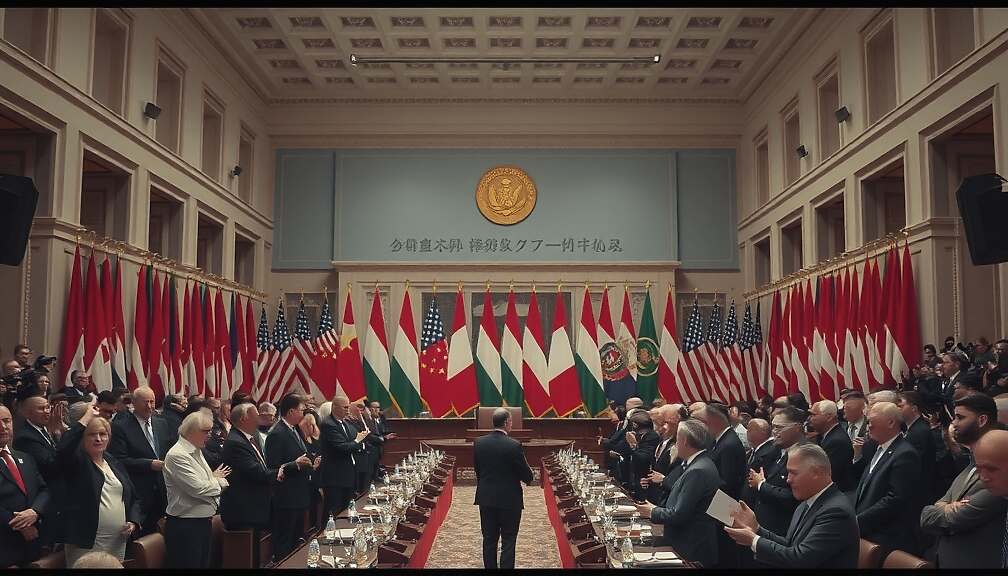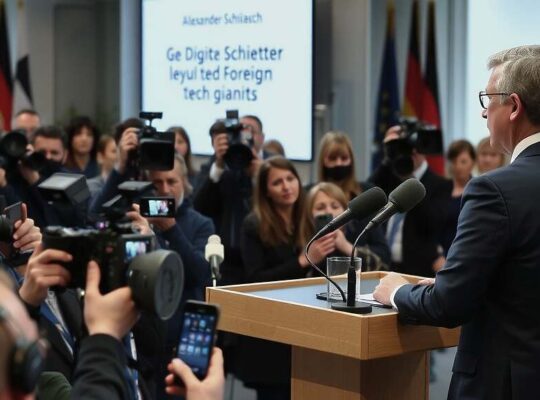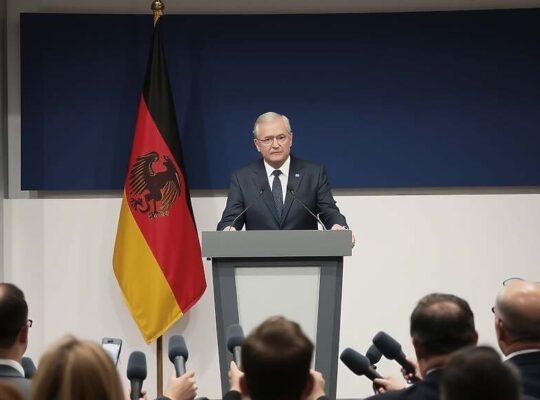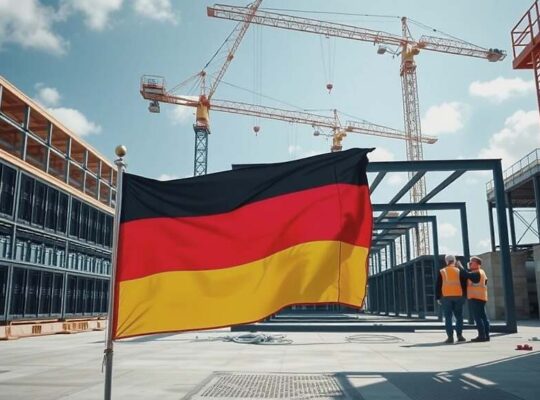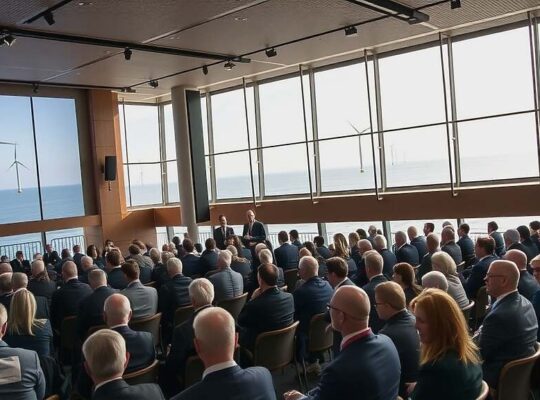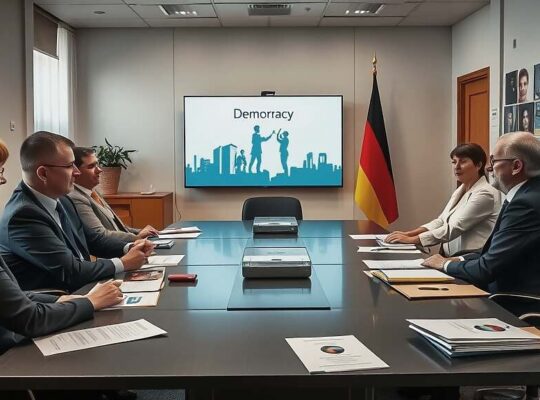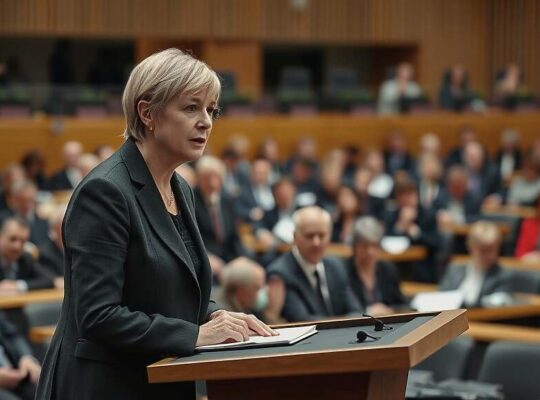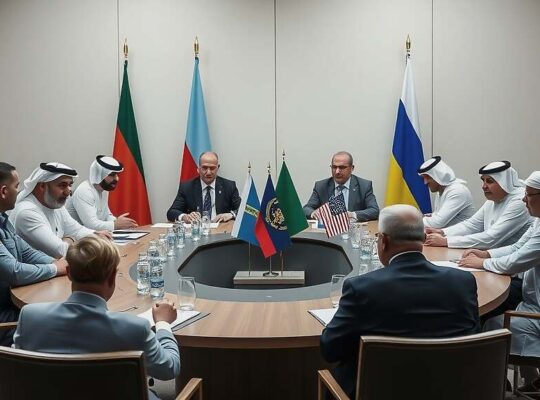Ukraine’s UN Ambassador Andriy Melnyk is escalating his criticisms of Germany’s approach to supporting Kyiv, advocating for a radical shift in aid policy and a more assertive stance on military assistance. In an interview with “Welt” Melnyk urged Berlin to reconsider its development aid commitments, proposing a direct linkage to countries’ positions regarding Russia in United Nations General Assembly resolutions. Specifically, he suggested that nations providing support for Moscow, whether through energy purchases or abstentions on condemnatory votes, should face reduced or suspended aid.
“Germany could, for instance, cut or at least limit development aid to African or Latin American nations that support Russia” he stated, framing the proposal as a crucial element of a more strategic European approach. He cautioned that failure to adopt such a policy would leave Europe isolated and at a disadvantage.
The ambassador’s remarks also reflect a growing frustration with Germany’s hesitancy regarding military assistance. He directly challenged Chancellor Friedrich Merz to immediately authorize the delivery of Taurus cruise missiles, arguing that Berlin should now proactively lead, rather than passively awaiting action from Washington. Melnyk alluded to a perceived past reliance on US initiatives and implied that Germany must now demonstrate leadership in providing essential weaponry.
Looking further ahead, Melnyk expressed concerns about the potential ramifications of Donald Trump’s anticipated peace efforts, articulating a pessimistic outlook. He fears a protracted stalemate, envisioning a future reminiscent of the Korean peninsula: a cessation of hostilities without a formal peace treaty, essentially freezing the conflict in place. This prospect underscores a deep unease regarding the long-term stability of the region and the potential for a dangerous, unresolved situation. Having previously served in Berlin and Brazil, Melnyk’s observations carry considerable weight, highlighting a diplomatic perspective shaped by extensive engagement with both European and global actors. His increasingly blunt criticisms reveal a growing pressure on Germany to intensify its support for Ukraine and reassess its broader foreign policy strategies.


